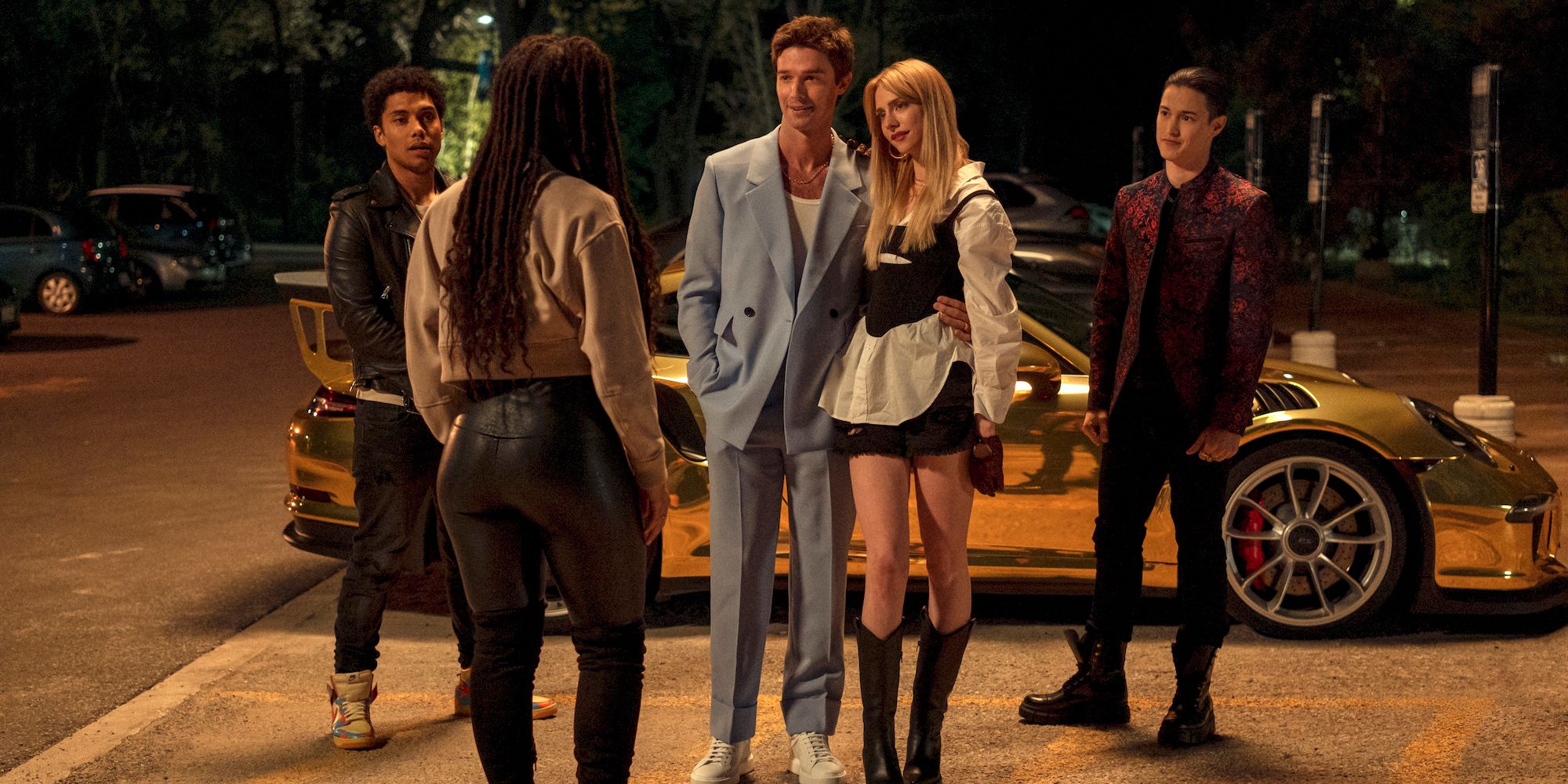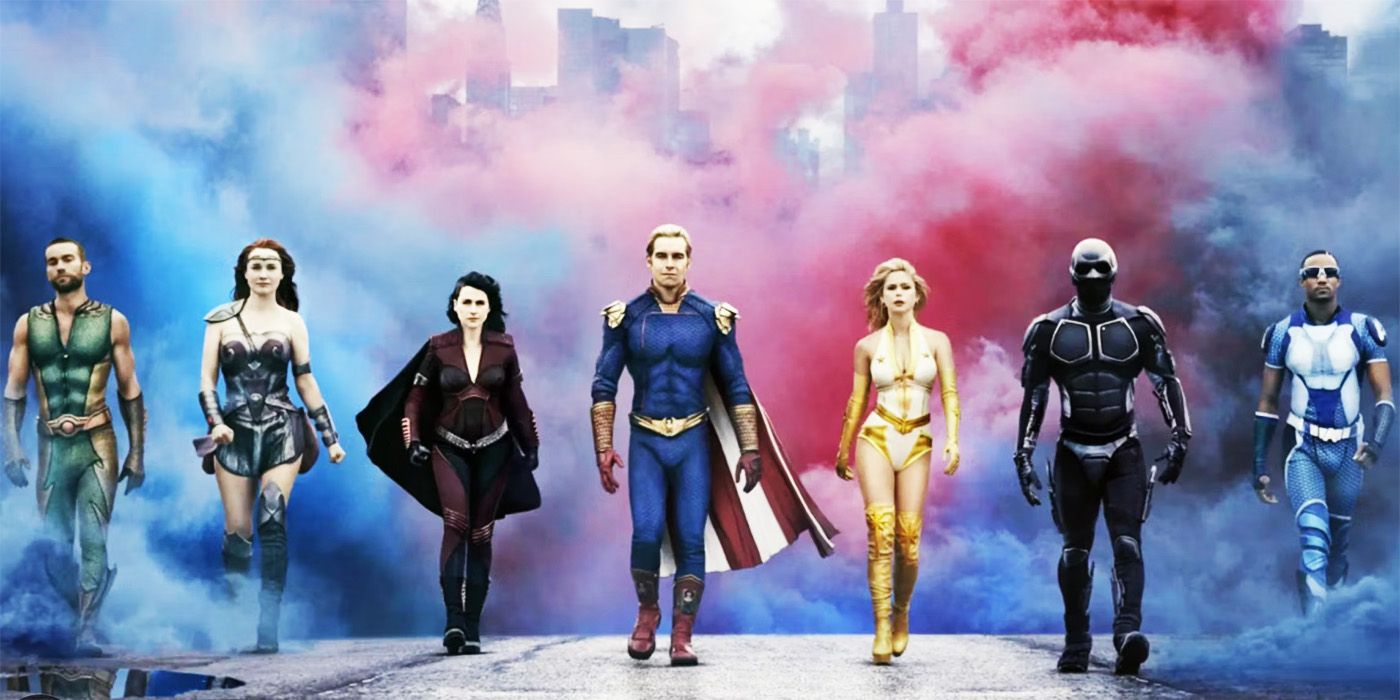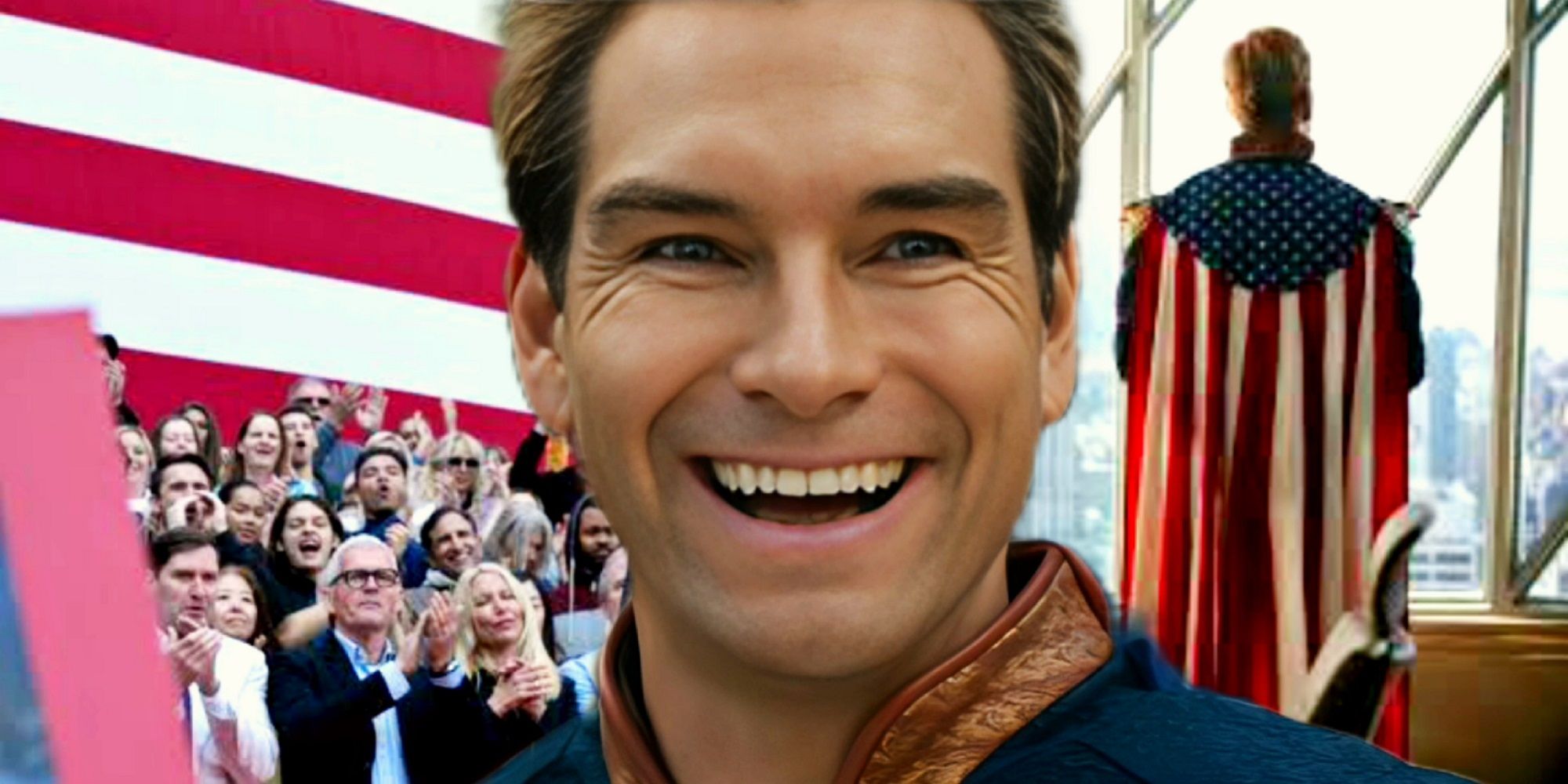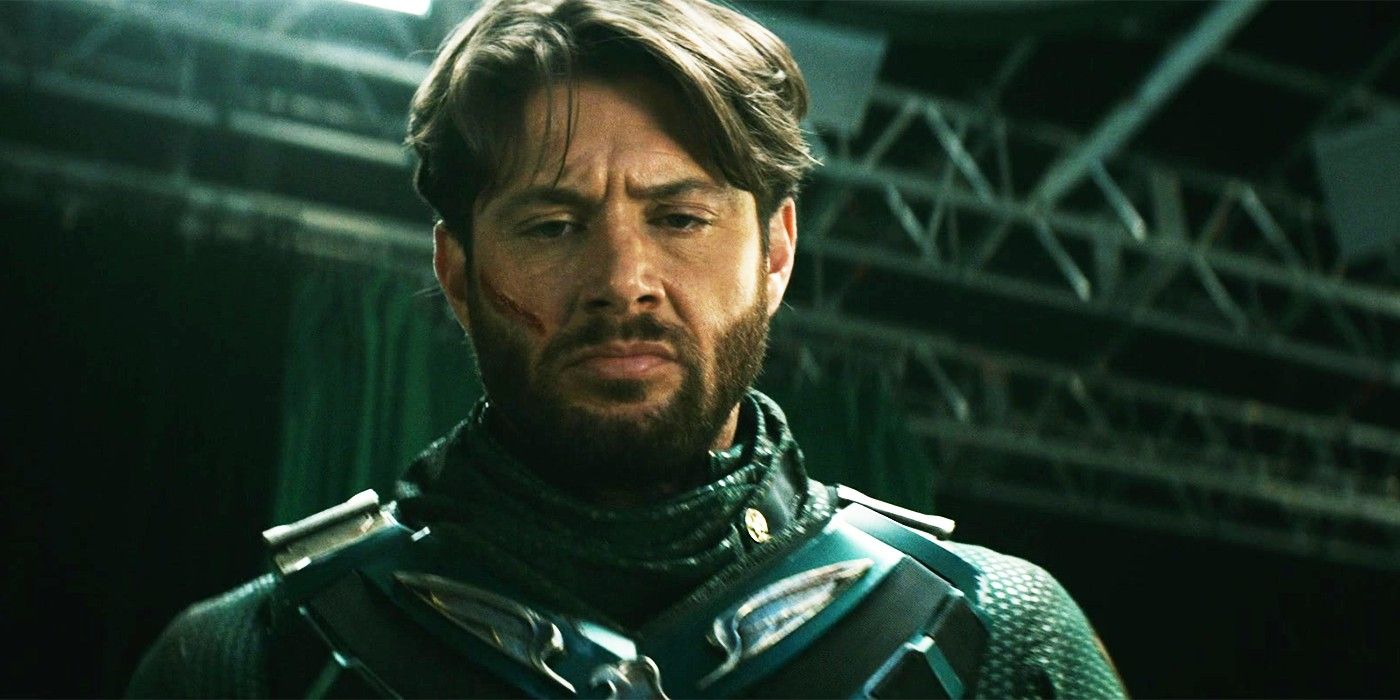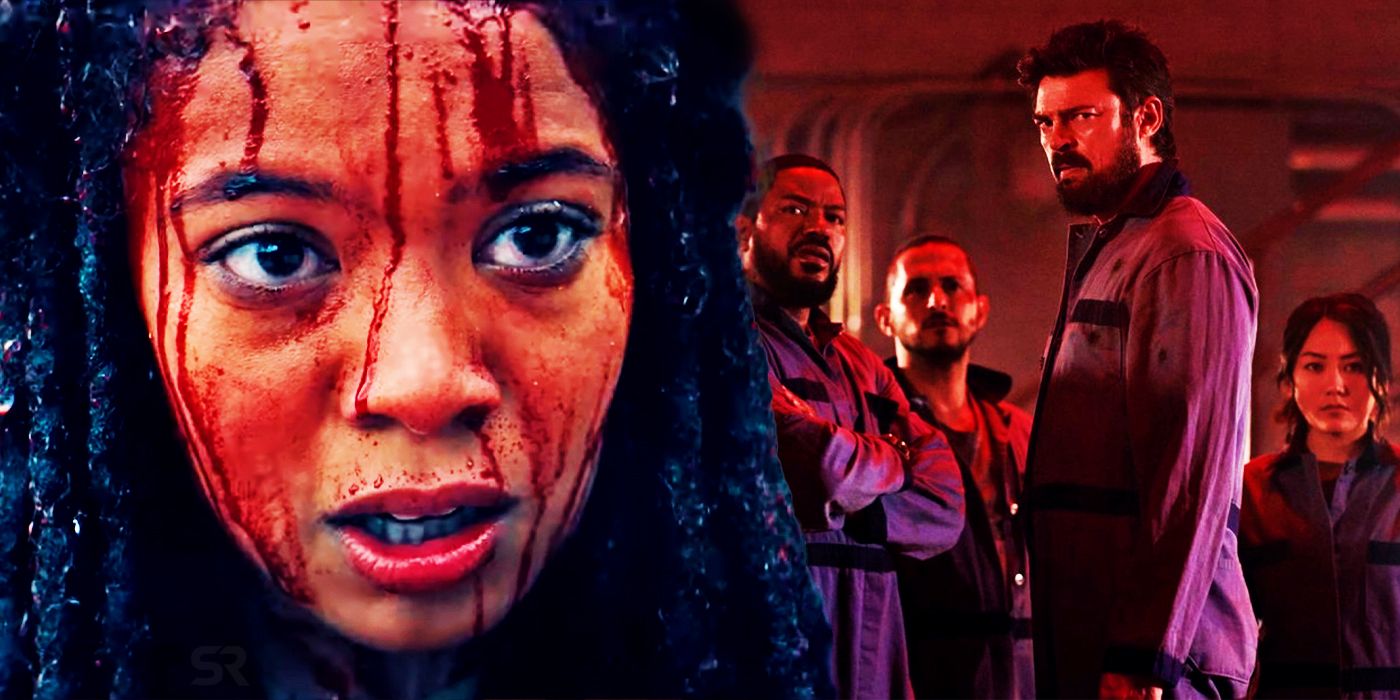
The Unifying Power Behind Gen V's Main Characters Revealed (Unlike The Boys & The Seven)

The characters in Gen V possess unique powers that delve into their personal struggles, making the spinoff stand out from The Boys Discover how these powers connect to the characters' deeper issues, revealing the true essence of Gen V
Summary
Gen V is different from its predecessors in The Boys franchise by creating a major connection between its main characters' powers.
The abilities of the characters in Gen V are interconnected with their mental health conditions, resulting in exhaustion or injury after utilizing their powers.
Gen V places greater emphasis on the challenges that young individuals encounter in a superhero universe, highlighting personal issues and mental well-being. This sets it apart from The Boys, which primarily emphasizes violence and chaos.
Warning: This article includes references to self-harm, eating disorders, substance abuse, and suicide.
The newest addition to The Boys franchise, Gen V, is already demonstrating its unique qualities by establishing a strong connection among its main characters' abilities. Serving as the third installment in The Boys franchise, Gen V is based on the comic series of the same name, penned by Garth Ennis and Darick Robertson. While The Boys delves into the corruption within the world of top superheroes and the vigilant group determined to dismantle them, Gen V centers around a cohort of young superhumans undergoing training at the Vought-controlled Godolkin University.
All Gen V Powers Connect To The Characters' Deeper Issues
: Gen V marks a significant departure from previous entries in The Boys series. Not only does it feature a brand new ensemble cast, but it also introduces an intriguing twist by establishing a collective link between the characters' superpowers. This unique bond sets Gen V apart from its predecessors, offering a fresh perspective on how the franchise is evolving.What sets Gen V apart is that the main characters' powers are derived from their mental health conditions. While these supes possess impressive abilities, their powers are intricately connected to their personal struggles. Consequently, using their powers often leaves them feeling depleted or emotionally wounded. The connections are as follows: Marie resorts to self-harm to wield her blood magic, Emma resorts to purging and bingeing to manipulate her size, Jordan's powers mirror the challenges faced by a transgender individual in discovering their identity, Luke's powers ultimately drive him to take his own life, and Cate's abilities are dubbed "pushing," a term often associated with substance abuse.
One character that deviates from this theory is Andre. Andre Anderson, a popular student at Godolkin University, possesses the ability to manipulate magnets. In his personal life, he faces immense pressure to succeed as a result of his father's remarkable reputation and influence. While it may seem far-fetched, Andre's magnetic powers could be linked to his need to captivate and attract others, just as magnets do. Moreover, his ability to create a magnetic force could symbolize the physical pressure he experiences, mirroring the mental strain he endures. In any case, whether through his charm or magnetism, it remains to be seen how Andre's connection to this theory will unfold in future installments of the series.
Gen V's Powers Reveal What The Spinoff Is Really About
In contrast to The Boys, Gen V offers a unique perspective on the superhero genre by delving into the challenges faced by young individuals within the superhero world. Rather than solely focusing on their abilities, the series intricately explores how these characters utilize their powers and the personal sacrifices they make. This aspect of Gen V sets it apart and presents an excellent opportunity for the younger cast to explore themes that are not as prominent in The Boys.
Gen V's Power Connection Make It Different To The Boys
An additional element of Gen V that aligns with this concept is the dean of Godolkin University, Indira Shetty. Unlike the superheroes, Shetty holds the role of a behavioral therapist. This particular detail amplifies her significance when considering the challenges faced by each main character. Rather than needing assistance with their superpowers, these characters require support for their mental health conditions. Ironically, Shetty possesses the ideal skills to address such issues. In essence, Gen V appears to be establishing a scenario wherein these young supes must confront their personal struggles before attaining the status of true heroes.
The unique aspect of Gen V's characters lies in their interconnectedness through their mental health conditions and corresponding powers, which sets it apart from The Boys. The series distinguishes itself from The Boys by prioritizing mental health, resulting in a tone that diverges from the more prevalent themes of violence and chaos in The Boys. These differences are crucial as they establish the individuality of each show and exemplify the franchise's ability to evolve. Despite being a spinoff of The Boys, Gen V is not a mere replica but instead thrives on its disparities, ultimately amplifying its superiority.
